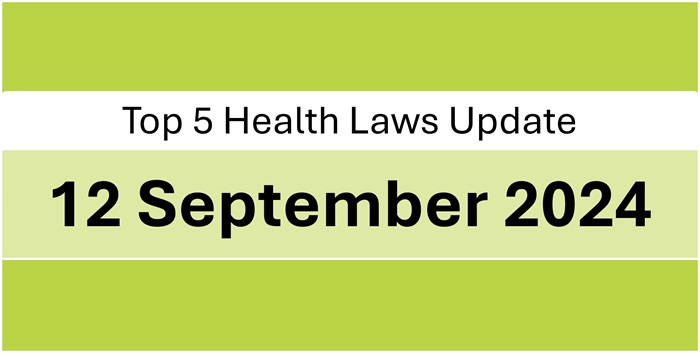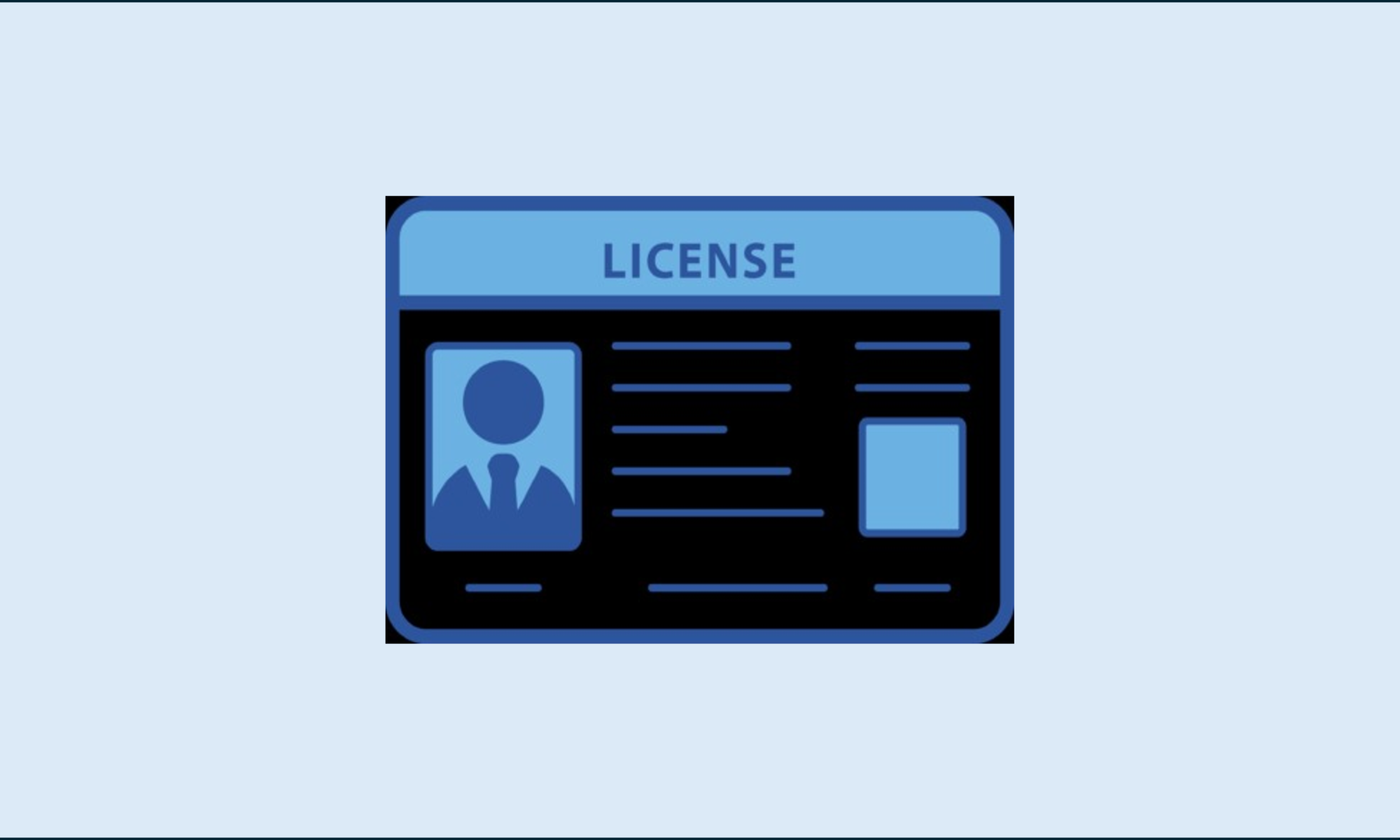1. India’s Central Pollution Control Board (CPCB) has issued Environmental Compensation (EC) Guidelines to address non-compliance with Extended Producer Responsibility (EPR) registration, labelling requirements, failure to fulfill EPR obligations, and non-filing of annual returns, among other violations under the Battery Waste Management Rules, 2022. The guidelines outline formulas for determining Environmental Compensation (EC) in different cases of non-compliance with the Battery Waste Management Rules, 2022.
Source: bit.ly/3ZkGVOe
Source: bit.ly/4ehqaI4
2. India’s Food Safety and Standards Authority of India (FSSAI) has extended the availability of Instant (Tatkal) Food License and Registration nationwide, with the exception of Chandigarh, Himachal Pradesh, and Meghalaya. Previously, this provision was limited to few states and Union Territories. The Instant (Tatkal) Food License and Registration provision came into effect on 31st August, 2024.
Source: bit.ly/3XGxBDo
3. India’s Bureau of Indian Standards (BIS) has notified amendments to various products, including Disposable Baby Diapers, Absorbent Cotton Gauze, Cotton Bandage Cloth, Sanitary Napkins, and Disposable Baby Diapers. All products imported, sold, or marketed in India must comply with these revised standards by 22nd February, 2025.
Source: bit.ly/4dZsFz8
4. India’s Department of Pharmaceuticals (DoP) has issued a issued notification under Drug Price Control Order,2013 (DPCO) thereby extending the current ceiling price for orthopedic knee implant systems until 15th September, 2025.
Source: bit.ly/3Tn6ASI
5. India’s central drug regulator (CDSCO) has suspended the manufacturing and marketing license of a pharmaceutical company due to the false and misleading claims that its eye drops could augment near vision within 15 minutes and the company’s failure to address queries raised by the drug regulators concerning these claims.
Source: bit.ly/4e04yAn
6. India’s Supreme Court, while hearing a case on the ban of commercial surrogacy, observed that the interests of surrogate mothers must be safeguarded. The Court emphasized the need for a regulatory system like “surrogate banks” to ensure that surrogate mothers are not exploited and their rights are upheld.
Source: bit.ly/4gePgsS


